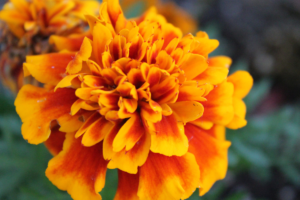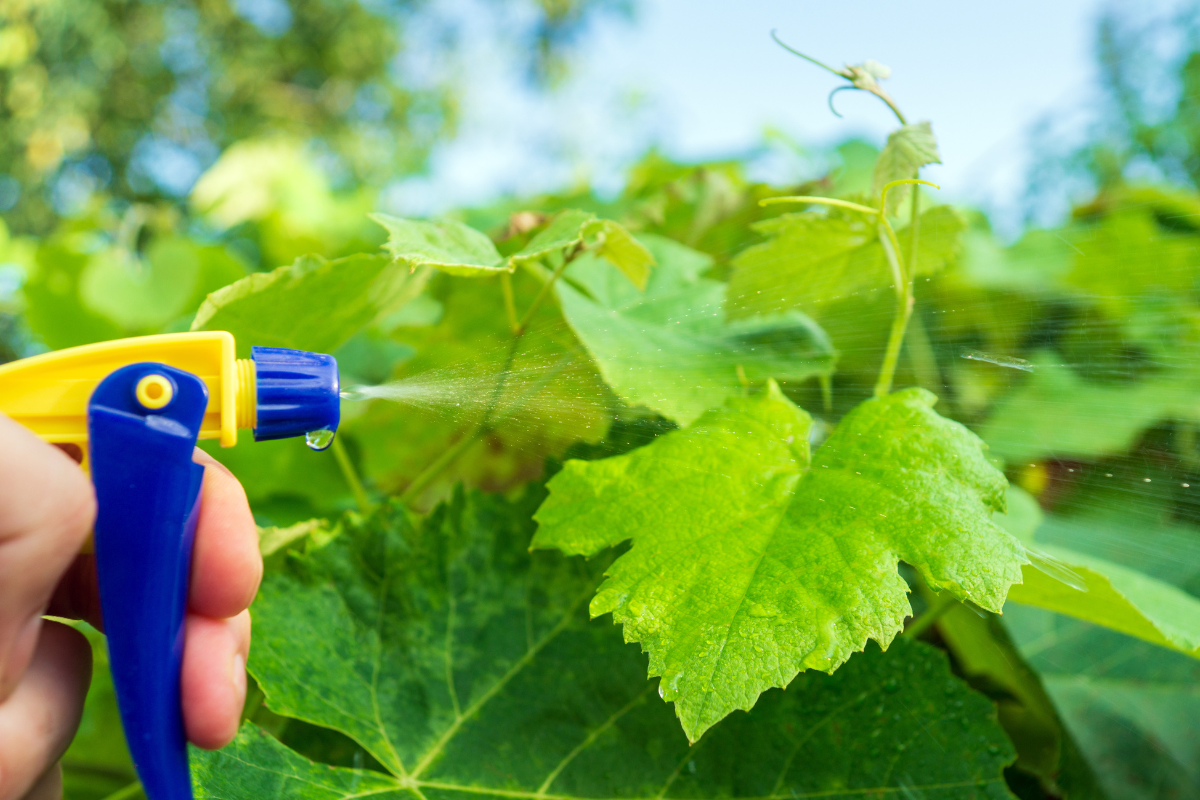Introduction: Maintaining a thriving garden ecosystem free from harmful pests is essential for any gardener striving for bountiful harvests and vibrant plants. Implementing natural pest control methods not only protects your garden but also contributes to a healthier environment for all.
Identify Common Garden Pests: Common pests such as aphids, slugs, caterpillars, and whiteflies are frequent nuisances in gardens worldwide. These pests can quickly damage crops and compromise the health of plants if left unchecked.
Natural Pest Control Solutions:

1. Companion Planting: Incorporating companion plants like marigolds, basil, and nasturtiums can help repel pests and attract beneficial insects. For instance, planting marigolds alongside tomatoes can deter nematodes, while basil planted near peppers can repel aphids.
2. Homemade Pest Sprays: Creating homemade pest control sprays is an effective and eco-friendly way to combat garden pests. A simple recipe involves mixing neem oil, a natural insecticide, with water and a small amount of dish soap. This solution can be sprayed directly onto plants to deter pests like aphids and mites.
3. Physical Barriers: Installing physical barriers such as row covers or netting can provide a protective shield against pests while allowing sunlight and water to reach plants. For instance, covering brassica crops with fine mesh netting can prevent cabbage moths from laying eggs on the leaves, reducing the risk of caterpillar infestations.
Prevention Techniques: Implementing preventive measures is key to minimizing pest infestations in your garden. Rotate crops annually to disrupt pest life cycles and prevent the buildup of soil-borne diseases. Additionally, maintaining healthy soil through proper mulching and composting can improve plant resilience and reduce pest susceptibility.
Conclusion: Incorporating natural pest control methods into your gardening routine not only safeguards your plants but also promotes a balanced ecosystem where beneficial insects thrive. By adopting these techniques and embracing sustainable practices, you can nurture a flourishing, pesticide-free garden for years to come.
Check out Cultivating Connections Here
Check out Gardening Made Easy if you’re looking to get started!
Check out 8 Natural & Homemade Insecticides.

